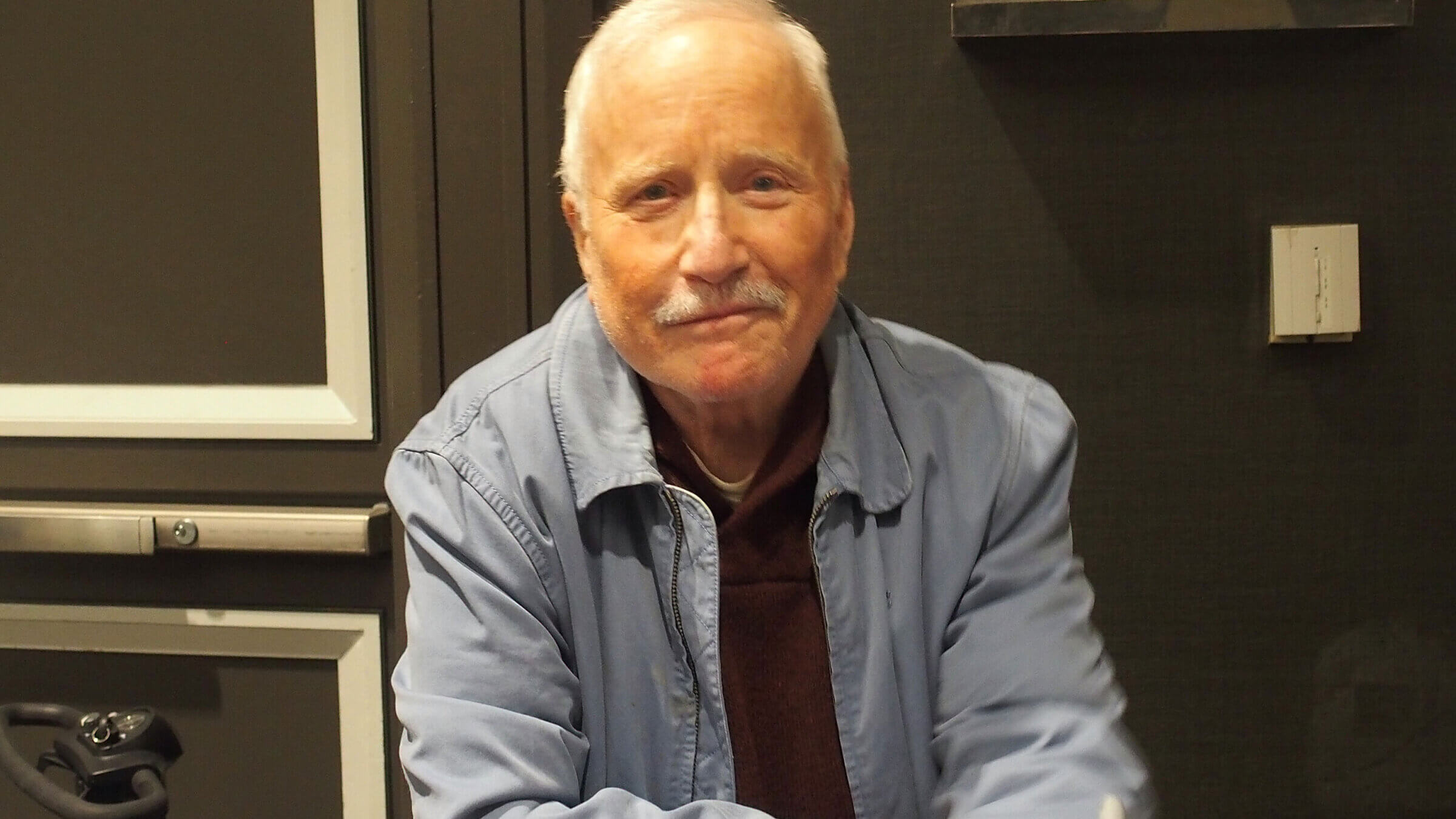Yes, Richard Dreyfuss, a Jewish actor can play Othello — just not you
Dreyfuss’ remarks on casting prove he needs to brush up his Shakespeare

Richard Dreyfuss is upset he may not have the chance to play a Black man. Photo by Getty/Bobby Bank/Contributor
Richard Dreyfuss needs to brush up his Shakespeare.
In a recent interview for PBS’ Firing Line With Margaret Hoover, the Jaws and Mr. Holland’s Opus star blasted Oscar diversity requirements, and, in making a case for not constraining actors to their own ethnicity, picked Laurence Olivier’s 1965 performance in Othello as an example of race-blind casting done right.
“He played a Black man brilliantly,” Dreyfuss said, of an infamous turn that saw Sir Laurence painted in dark black — almost blue in Technicolor — and affecting an unplaceable exotic accent during the height of the civil rights era. “Am I being told that I will never have a chance to play a Black man? Is someone else being told that if they’re not Jewish, they shouldn’t play The Merchant of Venice? Are we crazy?”
I can’t believe I’m engaging with this, but these two things simply aren’t the same. Blackface has a long, painful history that white Jews like Al Jolson benefited from. (When Hoover asked Dreyfuss if he thought there was a difference between the question of representation in casting and sensitivity to the history of anti-Black racism and blackface, the actor said “there shouldn’t be” because “it’s patronizing” and “says that we’re so fragile we can’t have our feelings hurt.”)
What’s more, an actor can be both Black and Jewish, but one can’t be completely white while also being Black. Intersectionality is complex, but I think we can all agree that Olivier lived at the intersection of “white” and “very white.”
Dreyfuss’ outrage seems a bit overstated, at least with regard to the Bard. Just last year a Black, non-Jewish actor, John Douglas Thompson, played Shylock in The Merchant of Venice at the Polonsky Shakespeare Center to no real outcry. (In the 2000s, Al Pacino, an Italian but not a Jew, played him both on Broadway and on screen; Olivier did it in the ’70s.)
As for the Moor of Venice, until relatively recently, a non-blackface Otello was newsworthy in the opera world and certain conceptual productions of Shakespeare’s play have flipped the races, notably a 1997 Othello starring Patrick Stewart in the title role.
But in the realm of film, where Dreyfuss made his name and now has an apparent axe to grind with the Academy, Jews have indeed had the chance to portray Othello — just not white ones. In 1980, Yaphet Kotto became the first Black man (and first Jew) to play Othello in a feature film in Liz White’s retelling, which boasted an all-Black cast and crew.
Dreyfuss’ mistake, then, is that of Shakespeare’s myopic Moor: rigid thinking of the sort he’s attributing to casting directors — that, and, perhaps, a bit of the green-eyed monster.
It’s notable that Dreyfuss, who has devoted the past years, and much of the interview, to promoting civics, would be so uncivil in his remarks. Maybe, he just wants to play Shakespeare again, and more seriously than his character in The Goodbye Girl.
If Dreyfuss wants to reprise his role as Iago (the better part, and one he played in 1979 opposite Raul Julia), I’m sure he could still find an audience.
















